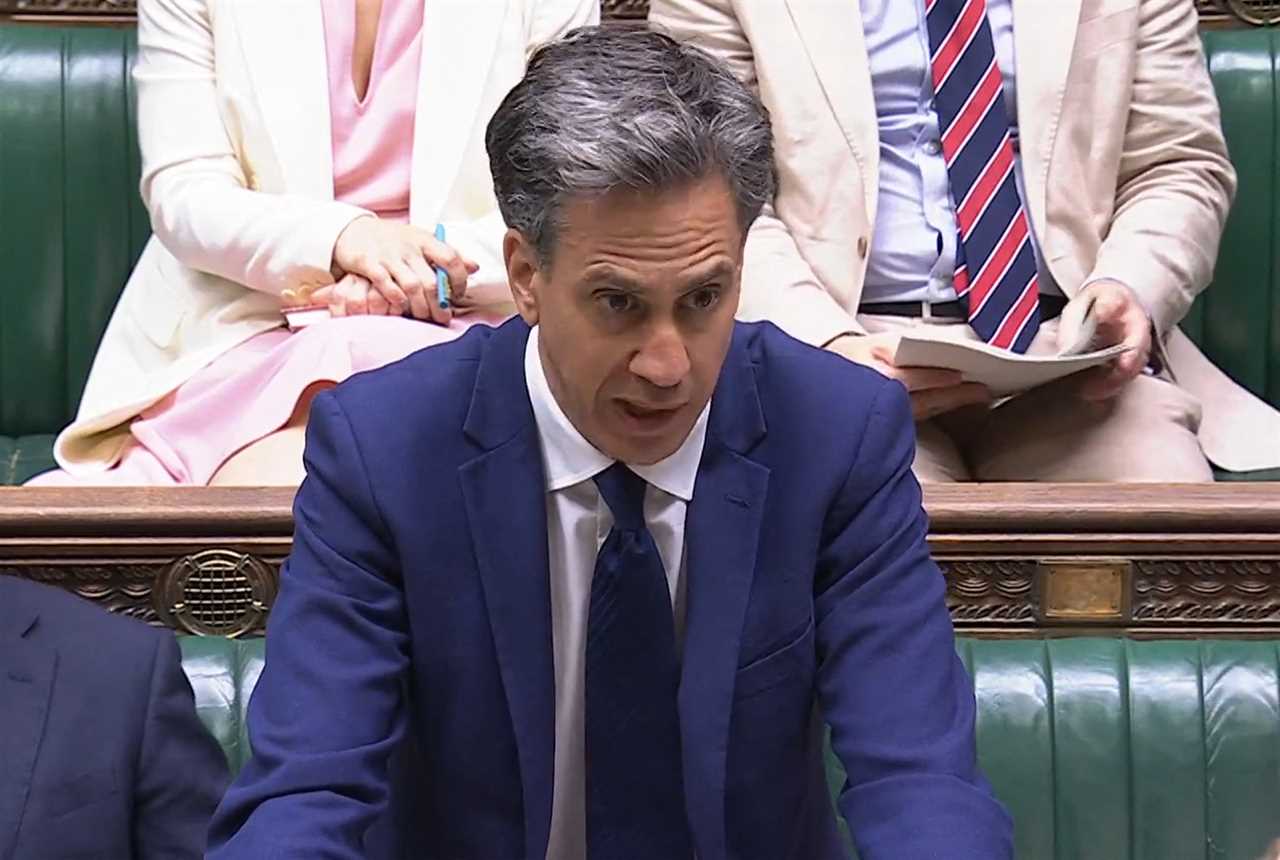
Amidst the ongoing debate surrounding the ambitious Net Zero target, Minister Ed Miliband finds himself at the centre of controversy, accused of employing a "shrill" scare campaign against skeptics of the initiative.
The wider context: Dueling Perspectives on Climate Action
On one side, Mr. Miliband vehemently defends his green policies, labelling critics as "anti-science, anti-jobs, anti-energy security and anti-future generations." His recent address in the Commons highlighted the urgency of addressing climate change, citing a new Met Office report projecting increased heatwaves, floods, and threats to food supplies and infrastructure. Furthermore, he warned of a potential economic toll of £200 billion by the 2070s due to the impacts of global warming.
Conversely, opponents, including Acting Shadow Energy Secretary Andrew Bowie, criticise Labour's approach as overly alarmist and lacking transparency with the public. Bowie emphasises the need for global cooperation in tackling climate challenges, cautioning against burdening British workers disproportionately.
Challenging Economic Realities and Political Divisions
While the Office for Budget Responsibility estimates the substantial cost of achieving Net Zero by 2050 at £800 billion, concerns over lost fuel tax revenue loom large. The Conservative Party, despite supporting the Net Zero target, faces internal divisions, with leader Kemi Badenoch cautioning that strict adherence to the 2050 goal could lead to financial strain on the nation.
Former Conservative leader Sir Iain Duncan Smith's assertion that Ed Miliband poses the "biggest threat to the British way of life" underscores the deep-seated political polarisation surrounding climate policy.
Global Imperatives and Local Realities
The urgency of addressing climate change transcends national borders, necessitating a collaborative effort on a global scale. The complexities of transitioning to a low-carbon economy raise legitimate concerns about the economic and social impacts on British society.
As the Net Zero debate rages on, it becomes increasingly evident that navigating the path to a sustainable future requires a delicate balance between environmental stewardship, economic stability, and social equity.
In conclusion, the clash of perspectives on Net Zero encapsulates the intricate interplay between environmental imperatives, economic realities, and political ideologies. As the discourse evolves, the need for a nuanced understanding of the challenges ahead becomes ever more pressing, demanding a collective reimagining of our relationship with the planet and each other.
Did you miss our previous article...
https://trendinginthenews.com/uk-politics/analysis-angela-rayners-employment-rights-proposal-and-its-impact-on-workers






